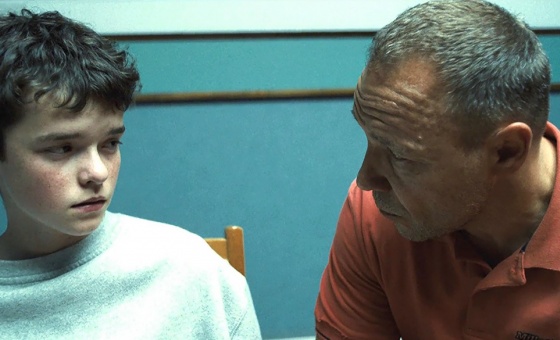This is the last article you can read this month
You can read more article this month
You can read more articles this month
Sorry your limit is up for this month
Reset on:
Please help support the Morning Star by subscribing here
THE male suicide rate in 2019 was the highest in two decades, new figures show, prompting calls for suicide prevention to be prioritised in the wake of the pandemic.
Last year there were 5,691 suicides registered in England and Wales, with a rate of 11 deaths per 100,000 population, according to figures released by the Office for National Statistics (ONS) today.
Of those, three quarters were men: at 16.9 deaths per 100,000, the highest rate since 2000. The rate for women was 5.3 deaths per 100,000, the highest since 2004.
Middle-aged men between the ages of 45 and 49 were found to be at highest risk of suicide with 25.5 deaths per 100,000 people. The ONS suggested reasons behind this trend could be alcoholism, isolation, financial hardship and a reluctance among men in this age group to seek help.
Figures also showed an increase in suicides among younger groups with the rate for 10 to 24-year-old females rising from 1.6 deaths per 100,000 in 2012 to its highest level at 3.1 deaths per 100,000 females in that age group in 2019.
Between April and June this year, a rate of 6.9 suicide deaths per 100,000 in England was noted, the lowest of any quarter since 2001. But the ONS said the low level was likely due to inquests being delayed as a result of the Covid-19 outbreak and does not reflect the true number of possible deaths during this period.
The Samaritans warned today that suicide prevention must be prioritised, with job losses, financial instability and isolation caused by the pandemic affecting mental health.
CEO Ruth Sutherland said that while it is “not inevitable” that suicide rates will rise as a result of the virus, the pandemic has exacerbated some of the known risks.
“Undoubtedly, the pandemic has affected everyone in society, but Samaritans is particularly worried about three groups: people with pre-existing mental-health conditions, young people who self-harm, and less-well-off middle-aged men.
“It is essential that these groups are given the support they need before people reach crisis point. Suicide prevention must be a priority right now so we can save lives.”
Mental-health charity Mind head of policy and campaigns Vicki Nash said it is “crucial” that mental-health services are equipped to meet rising demand.
She said: “No-one in touch with services, asking for help, should reach the point of taking their own life. This is why suicide prevention is a key component of public health and UK government need to ensure both this and public mental health is prioritised in its reorganising of public-health institutions.”
 Bethany Rielly
Bethany Rielly








